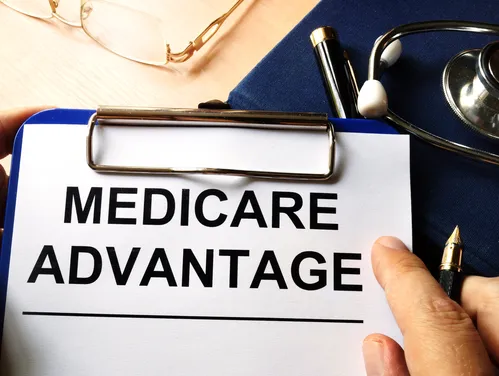There are specific marketing rules that Medicare Advantage plans and agents selling these plans must follow. These guidelines are set by Medicare and dictate what Medicare Advantage (MA) plan advertisements or marketing beneficiaries can be exposed to during the MA Open Enrollment Period.
The Centers for Medicare and Medicare Services (CMS) set guidelines for Medicare Advantage (MA) plans and agents to follow regarding the services they offer and their conduct. This includes transparent communication and ethical sales of MA plans.
People selling MA plans are not allowed to:
- Show up at your home uninvited (door-to-door sales).
- Call you unless you are already a member of the plan. This also includes former members who have switched plans.
- Ask you for payment over the phone or online. The plan must send you a bill.
- Ask for your personal information over the phone. This includes your Medicare number, Social Security number, bank account information, or credit card number.
It is important to understand that neither plans nor their agents require personal information to provide you a quote. In the case of an MA plan, all that is required to verify your eligibility is your age and county of residence.
- Communicate incorrect information about their plan or tell you about other plan options you had not agreed to discuss in advance.
This is documented in your “Scope of Appointment” (SOA), which is a mandatory form required by CMS to detail the specific type of plan that the beneficiary agreed to discuss. Signing this form does not obligate the individual to enroll in any plan or to work with that agent.
SOA forms must be signed and collected at least 48 hours before the scheduled appointment time.
- Sell you a non-health related product, like an annuity or life insurance policy, during a sales pitch for a Medicare Advantage plan or drug plan.
- Offer you cash (or gifts worth more than $15) to join their plan, or give you free meals during a sales pitch.
- Talk to you about their plan in areas where you get health care like an exam room, hospital patient room, or at a pharmacy counter
- Market plans or enroll you at an educational event like a health fair or conference.
What is allowed?
Some things that agents or companies selling MA plans can do are:
- Send you direct mail or email if you are a former client. However, they must include an option to opt out of such communications.
- Ask for personal information to verify membership or process an enrollment request.
- Create a new Scope of Appointment to include other plans that the beneficiary wants to discuss, such as adding a D-SNP.
- Approach you in shared public spaces like a hospital waiting room or the lobby of an assisted living facility.
SHIIP/SMP can help you prevent, detect, and report suspected Medicare fraud, errors, and abuse. If you think you have experienced a marketing violation, enrollment fraud, or are having issues with your plan coverage, call us at 1-800-351-4664.
